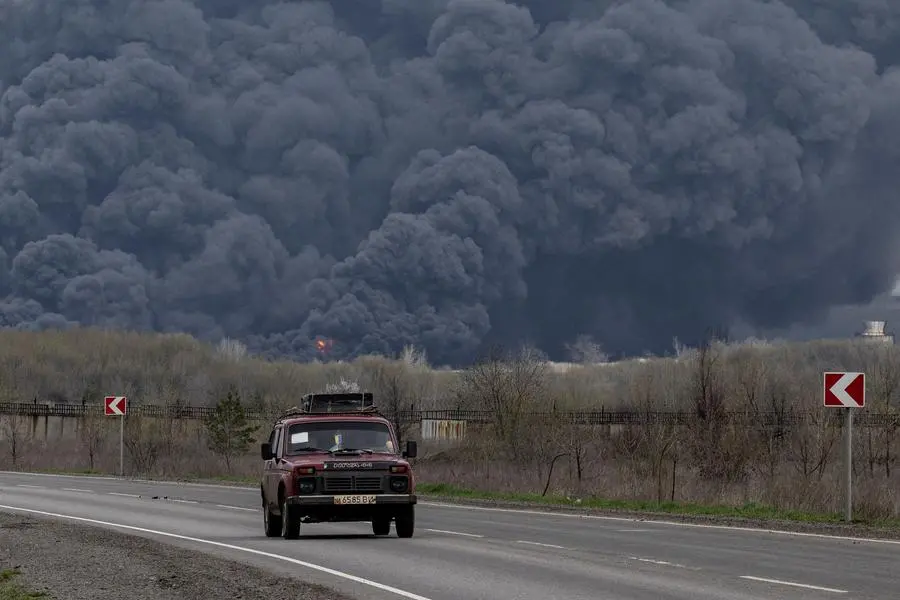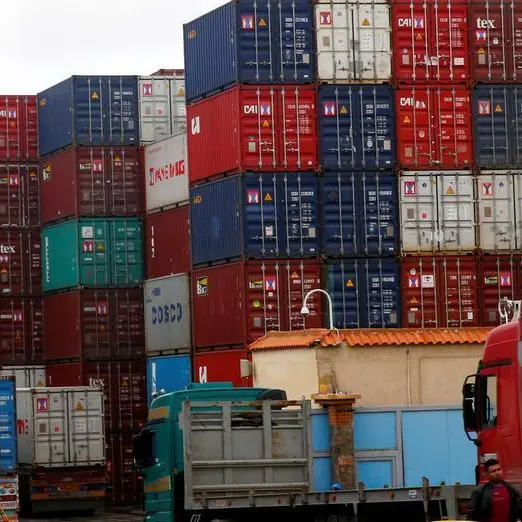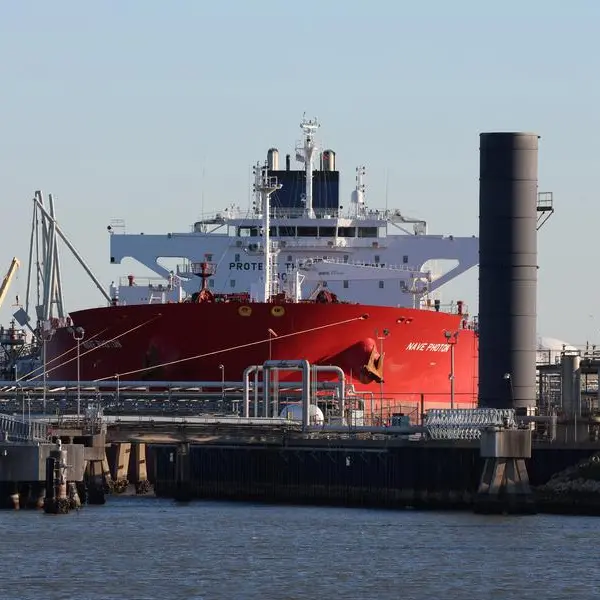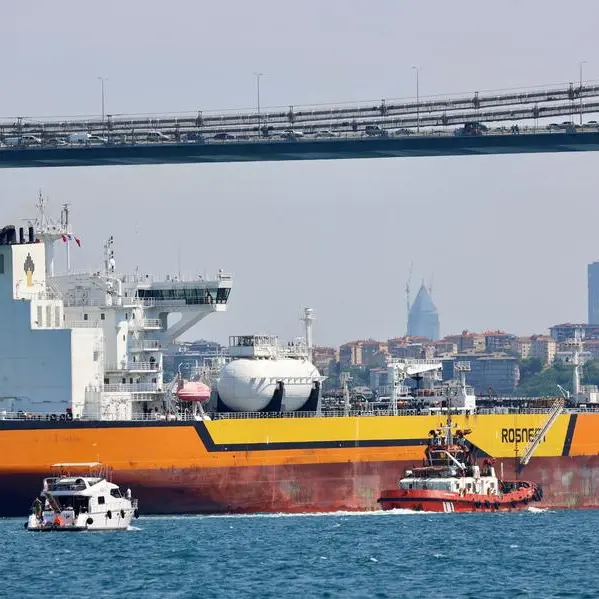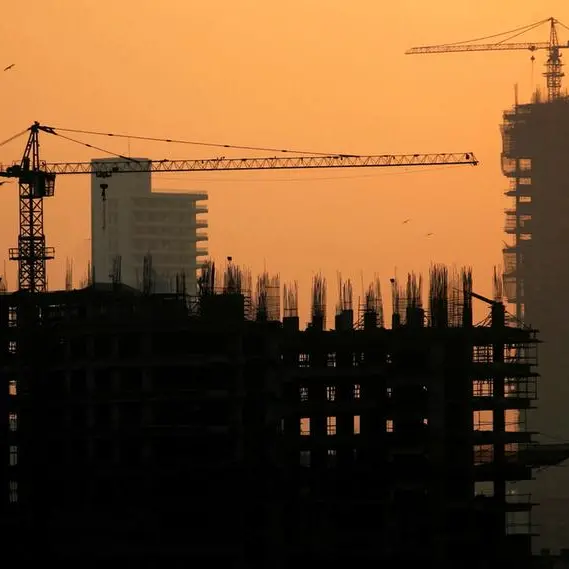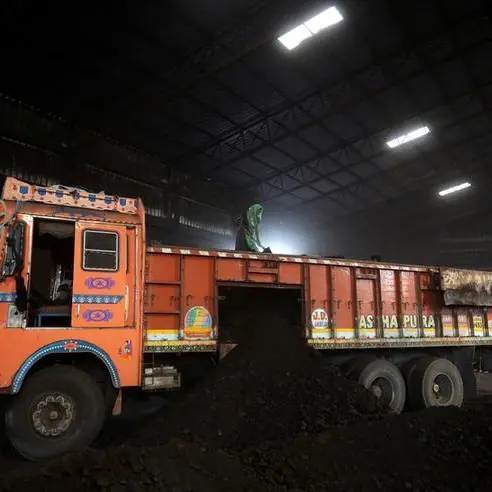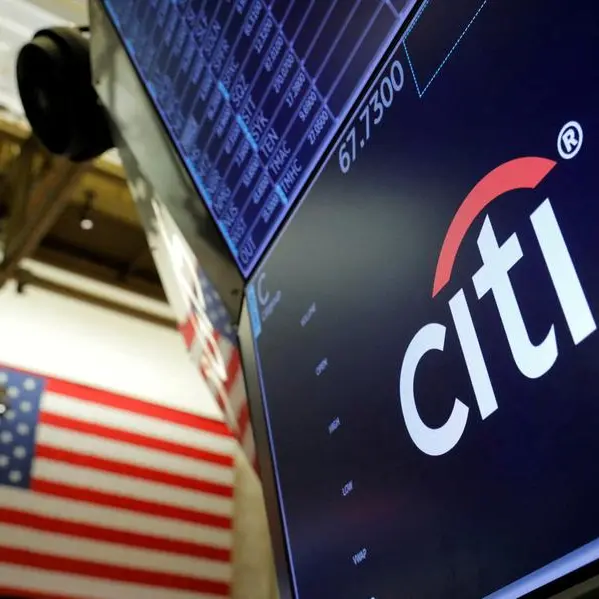PHOTO
KYIV/POPASNA, Ukraine - The governor of Ukraine's eastern Luhansk province, now almost completely under Russian control, said on Friday that Kyiv's forces might have to retreat from their final pocket of resistance there to avoid being captured.
Serhiy Gaidai said in a Telegram post that Russian troops had entered Sievierodonetsk, the biggest city held by Ukraine in the eastern Donbas region, where Moscow's biggest advance for weeks has shifted the momentum of the three-month-old war.
Russia has been trying to trap Ukrainian forces in Sievierodonetsk, where Gaidai previously said 90% of buildings were destroyed, and Lysychansk, its twin city across the river.
"The Russians will not be able to capture Luhansk region in the coming days as analysts have predicted," Gaidai said on Telegram, referring to the near-surrounded cities.
"We will have enough strength and resources to defend ourselves. However it is possible that in order not to be surrounded we will have to retreat."
He said fighting continued on Sievierodonetsk's outskirts but evacuations were still possible even though a key road out "is completely under fire".
Moscow's separatist proxies said they now controlled Lyman, a railway hub. Ukrainian officials said Russia had captured most of the town but said Ukrainian forces were blocking an advance to Sloviansk, a city a half-hour drive further southwest.
Ukrainian presidential adviser Oleskiy Arestovych said overnight that the well-organised attack on Lyman showed Moscow's military, which was driven back from the capital Kyiv in March, was improving its tactics and operations.
A Ukrainian retreat could bring President Vladimir Putin closer to his stated goal of capturing the Donetsk and Luhansk regions of east Ukraine in full.
'AT GREAT COST'
British Prime Minister Boris Johnson told Bloomberg UK that Putin "at great cost to himself and to the Russian military, is continuing to chew through ground in Donbas".
Russian forces gained ground in the Donbas after piercing Ukrainian lines last week in the city of Popasna, south of Sievierodonetsk. Russian ground forces have now captured several villages northwest of Popasna, Britain's Defence Ministry said.
Reached by Reuters journalists in Russian-held territory on Thursday, Popasna was a burnt-out wasteland. The bloated body of a dead man in combat uniform could be seen lying in a courtyard.
Natalia Kovalenko had left the cellar where she sheltered to live in the wreckage of her flat, its windows and balcony blasted away. She said a shell hit the courtyard outside, killing two people and wounding eight.
"I just have to fix the window somehow. The wind is still bad," she said. "We are tired of being so scared."
Russia's advance in the east follows a Ukrainian counter-offensive that pushed Moscow's forces back from Ukraine's second city Kharkiv in May. But Ukrainian forces have been unable to attack Russian supply lines to the Donbas.
Russian forces shelled parts of Kharkiv on Thursday for the first time in days. Local authorities said nine people were killed. The Kremlin denies targeting civilians.
In the south, where Moscow has seized a swathe of territory since the Feb. 24 invasion, Ukrainian officials believe Russia aims to impose permanent rule.
Ukraine's military said Russia was shipping in military equipment from Crimea to build defences against any Ukrainian counter-attack and was mining the banks of a reservoir behind a dam on the Dnipro River that separates the forces.
STRUGGLING TO LEAVE
In the Kherson region, north of Crimea, Russian forces were fortifying defences and shelling Ukraine-controlled areas on a daily basis, the region's Ukrainian governor Hennadiy Laguta told a media briefing.
He said the humanitarian situation was critical in some areas and people were finding it almost impossible to leave occupied territory, with the exception of a 200-car convoy that left on Wednesday.
On the diplomatic front, European Union officials said a deal might be reached by Sunday to ban deliveries of Russian oil by sea, accounting for about 75% of the bloc's supply, but not by pipeline, a compromise to win over Hungary and unblock new sanctions.
Ukrainian President Volodymyr Zelenskiy has criticised the EU for dithering over a ban on Russian energy, saying the bloc was funding Moscow's war effort and that delay "merely means more Ukrainians being killed."
In a telephone call with Austrian Chancellor Karl Nehammer, Putin stuck to his line that a global food crisis caused by the conflict can be resolved only if the West lifts sanctions.
Nehammer, who visited Russia in April, said Putin expressed readiness to discuss a prisoner swap with Ukraine but he said: "If he is really ready to negotiate is a complex question."
Russia's blockade of Ukrainian ports has halted shipments of grain, driving up global prices, with both countries major grain exporters. Russia accuses Ukraine of mining the ports and Ukraine has described the Russian position as "blackmail".
Italian Prime Minister Mario Draghi, who held talks with Putin on Thursday, discussed with Zelenskiy on Friday ways to free up grain exports. "We expect further defense support from our partners," Zelenskiy said in tweet afterwards.
Western countries have provided Ukraine with some long-range weaponry, including M777 howitzers, but remain wary of supplying the even longer-range ground weapons Kyiv has requested, for fear of escalating the conflict.
"Heavy weapons on top of our agenda, and more are coming our way," Ukraine's foreign minister Dmytro Kuleba said on Twitter after speaking with U.S. Secretary of State Antony Blinken.
Russia calls its invasion of Ukraine a "special military operation" to defeat "Nazis" there. The West describes this as a baseless justification for a war of aggression.
(Reporting by Natalia Zinets, Conor Humphries and Pavel Polityuk in Kyiv, Vitaliy Hnidyi in Kharkiv and Reuters journalists in Popasna; Writing by Peter Graff and Catherine Evans; Editing by Philippa Fletcher and Edmund Blair)
